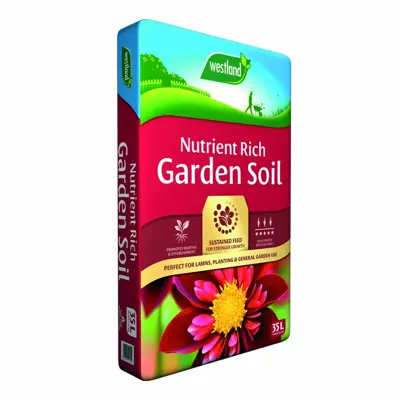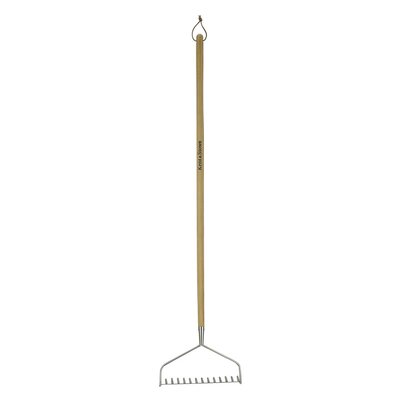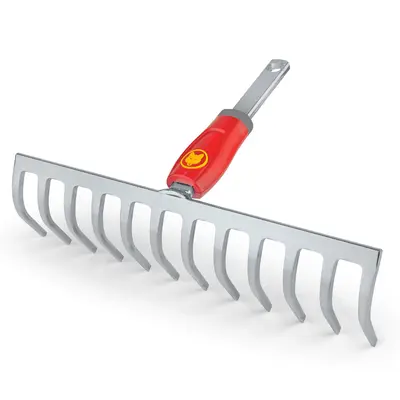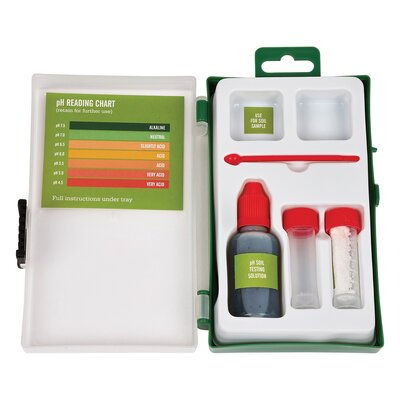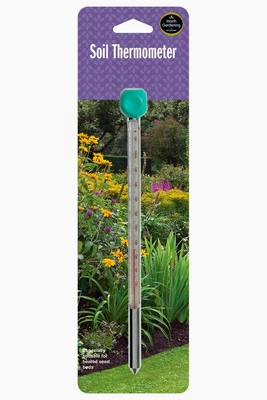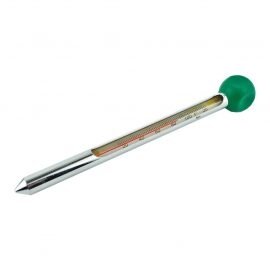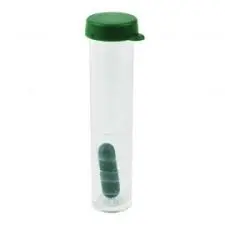Soil
If you're looking for the best quality Soil for your garden, look no further than our selection at our garden centre in Co. Dublin. Our Soil is carefully sourced from trusted suppliers and is perfect for a variety of gardening needs. Whether you're looking for a nutrient-rich soil to help your plants grow, or a soil that will help retain moisture, we have something for everyone. Our Soil is available in a range of sizes and types, so you can find the perfect one for your garden. With our knowledgeable staff on hand to answer any questions you may have, you can be sure you're getting the right Soil for your needs. Browse our selection today and find the perfect Soil for your garden.
What to Look for When Buying Soil
When it comes to buying soil, there are a few key things to consider. Firstly, you need to think about the type of soil you need. Different plants require different types of soil, so it’s important to make sure you get the right one. Secondly, you need to consider the quality of the soil. Good quality soil will be rich in nutrients and will help your plants to thrive. Thirdly, you need to think about the size of the soil. If you’re buying soil for a large garden, you’ll need to buy a larger bag.
Types of Soil
There are a few different types of soil available. The most common type is loam, which is a combination of sand, silt and clay. Loam is a good all-round soil and is suitable for most plants. Clay soil is heavy and dense, and is best for plants that need a lot of water. Sandy soil is light and well-drained, and is best for plants that don’t need a lot of water. Peaty soil is rich in organic matter and is best for plants that need a lot of nutrients.
Soil Quality
When it comes to soil quality, there are a few things to look out for. Firstly, you should check that the soil is free from weeds, pests and diseases. Secondly, you should check that the soil is rich in nutrients. Good quality soil will be dark in colour and will have a pleasant smell. Thirdly, you should check that the soil is well-drained. If the soil is too wet, it can cause root rot and other problems.
How to improve the quality of your garden's soil
Improving the quality of your garden soil is crucial for promoting healthy plant growth and maximizing the potential of your garden. Here are several ways to enhance the quality of your soil:
- Test the Soil: Start by testing your soil to determine its pH level and nutrient content. This information will guide you in making appropriate amendments. Soil testing kits are available at garden centers, or you can send a sample to a professional laboratory for more comprehensive analysis.
- Add Organic Matter: Incorporating organic matter is one of the most effective ways to improve soil quality. Organic matter improves soil structure, enhances drainage, and provides essential nutrients. Add compost, well-rotted manure, leaf mold, or other organic materials to your soil. Spread a layer of compost on the surface and work it into the top few inches of soil.
- Mulch the Soil: Mulching helps retain moisture, regulate soil temperature, suppress weeds, and improve soil structure over time. Apply a layer of organic mulch such as wood chips, straw, or shredded leaves around your plants. As the mulch breaks down, it enriches the soil with organic matter.
- Practice Crop Rotation: Crop rotation involves growing different plant families in different areas of your garden each year. This practice helps prevent the build-up of pests and diseases specific to certain plants while replenishing the soil with different nutrient requirements. It also helps break pest and disease cycles.
- Practice Proper Watering: Water your garden appropriately to avoid overwatering or underwatering. Overwatering can leach nutrients from the soil, while underwatering can lead to nutrient deficiencies and stress plants. Water deeply and less frequently, allowing the soil to dry out slightly between watering sessions.
Where to Buy Soil
If you’re looking for high quality soil, then you should visit our garden centre in Co. Dublin. We have a wide range of soil products, from loam to peaty soil. Our experienced staff can help you to choose the right type of soil for your plants. We also offer delivery services, so you can have your soil delivered straight to your door.
Soil Preparation and maintenance
Before planting, it’s important to prepare the soil. You should start by removing any weeds, stones or debris from the soil. Then, you should add organic matter such as compost or manure to the soil. This will help to improve the soil’s structure and will provide essential nutrients for your plants. Finally, you should mix the soil thoroughly to ensure that it is evenly distributed.
Once your plants are in the ground, it’s important to maintain the soil. You should regularly check the soil for weeds, pests and diseases. You should also add organic matter to the soil every few months to keep it rich in nutrients. Finally, you should water the soil regularly to ensure that it stays moist.

